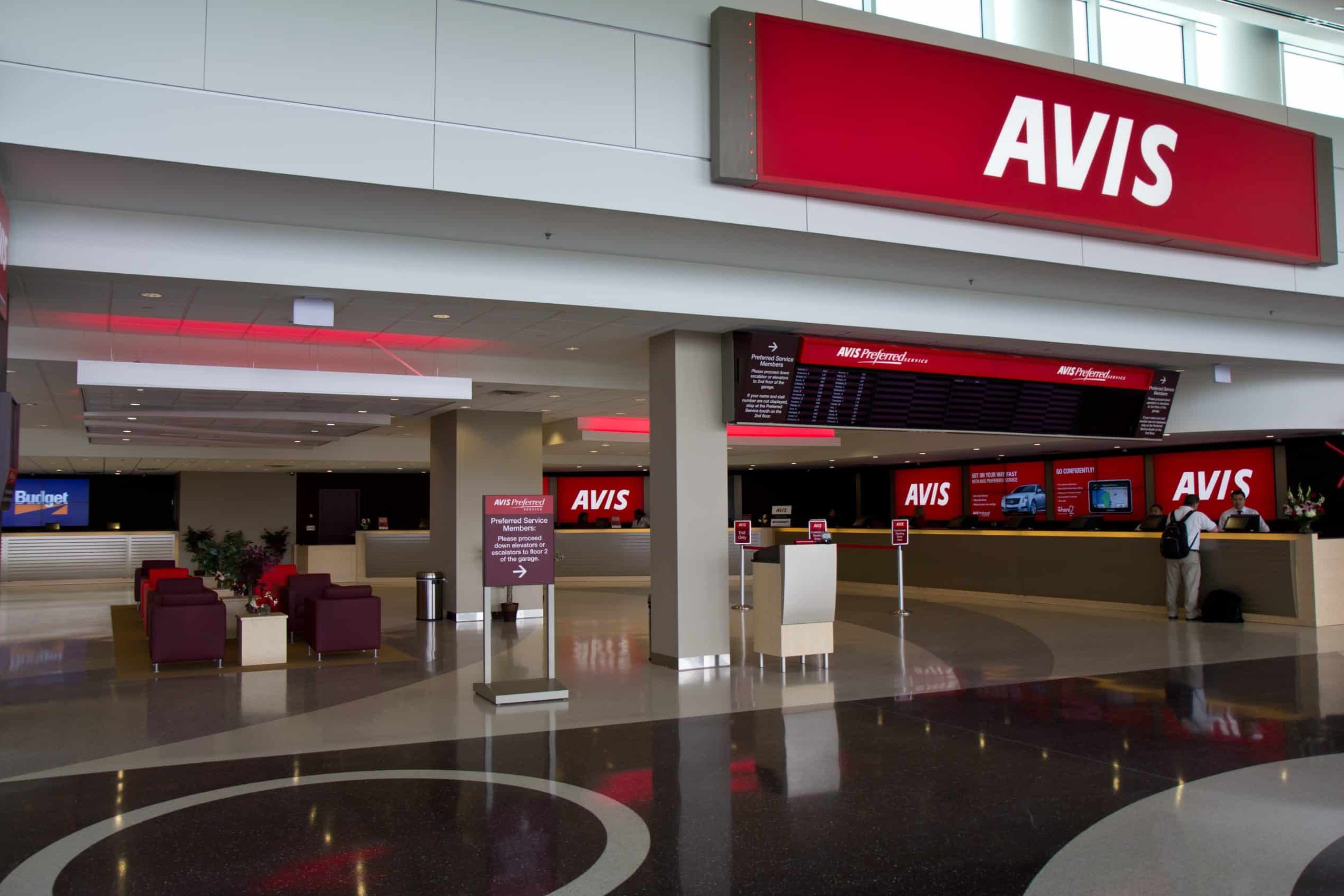Aeroplan and Avis have announced changes to the way members earn Aeroplan points on car rentals. Whereas members would previously earn a fixed amount of points per car rental, there is now a revenue-based earning model.
Whether or not this is a positive change will depend on the dollar amount of your typical car rental, as well as if you have Aeroplan Elite Status.
Aeroplan Introduces Revenue-Based Earning Model on Avis Car Rentals
Aeroplan and Avis have announced changes to the way members earn Aeroplan points on car rentals.
Previously, Aeroplan members would earn a fixed amount of points per rental depending on the location from which the car was picked up.
At on-airport locations, members would previously earn 500 Aeroplan points per car rental with Avis, and 250 Aeroplan points per car rental at off-airport Avis locations and for all Budget locations.
Now, the earning structure will be based on how much is spent on base time and mileage for rentals, as well as whether or not a member has Aeroplan Elite Status:
- Aeroplan members now earn 1 point per dollar spent on base time and mileage for all Avis, Budget, and Payless rentals
- Aeroplan Elite Status members now earn 2 points per dollar spent on base time and mileage for all Avis, Budget, and Payless rentals


It’s important to note that the earning rate is based on Canadian dollars, and that points won’t be earned on surcharges, taxes, and fees that are a part of the total cost of the rental.
Who Benefits from Revenue-Based Car Rentals?
With the switch to a revenue-based earning structure, it’s worth exploring who stands to benefit and who might lose out because of the change.
For members without Aeroplan Elite Status, you’d now have to spend at least $500 (CAD) at an Avis on-airport location to earn as many points as you used to. This number drops down to $250 (CAD) if you have elite status with Air Canada.
For off-airport car rentals, you’d now have to spend at least $250 (CAD) as a member without status or $125 (CAD) as a member with status to earn the same amount of points per rental as you used to.




For example, let’s consider a car rental worth $100 (CAD) in base time and mileage at an Avis on-airport location. Previously, you’d earn a flat rate of 500 Aeroplan points for this rental, whereas now, you’d earn 100 Aeroplan points as a member without status, or 200 Aeroplan points if you have status.
In this example, the older earning model would have resulted in you earning more points.
On the other hand, let’s consider a rental worth $1,000 (CAD) in base time and mileage at a Budget location. Previously, you’d earn a flat rate of 250 Aeroplan points, whereas now, you’d earn 1,000 Aeroplan points as a member without status, or 2,000 Aeroplan points if you have status.




As with any revenue-based earning model, spending more will result in being awarded with more points. If you tend to be someone who rents cars for longer periods of time, or if you tend to rent more expensive vehicles to begin with, the new revenue-based model will work in your favour.
However, if you usually rent less expensive vehicles for short periods of time, then you may wind up earning fewer points than before on car rentals.
Likewise, members with Aeroplan Elite Status who spend more on car rentals will now likely benefit more from the revenue-based earning structure, simply because they earn twice as many points as someone without elite status.
On the other hand, if you don’t usually meet those spending thresholds per car rental, or if you don’t have Aeroplan Elite Status, the revenue-based system could result in needing to spend more to earn the same number of points as you would before.
Conclusion
Aeroplan and Avis have announced changes to the way members earn Aeroplan points on car rentals. Whereas you’d previously earn a fixed amount of points for a car rental, you’ll now earn points based on the amount you spend with Avis, Budget, or Payless, and on whether or not you have Aeroplan Elite Status.
Generally speaking, this change will be positive for members with Aeroplan Elite Status and for anyone who spends more money on car rentals. On the other hand, it could be a negative change if you didn’t spend much on car rentals to begin with, or if you rented for short periods of time.
This story originally appeared on princeoftravel

